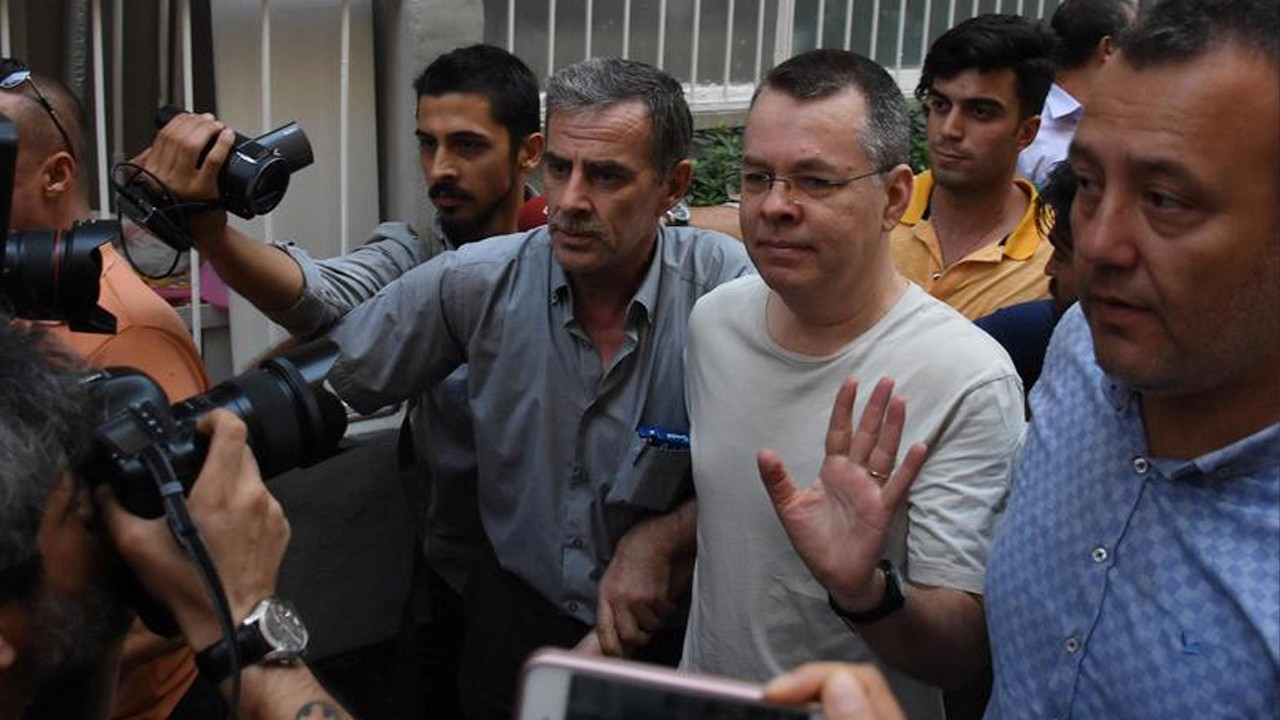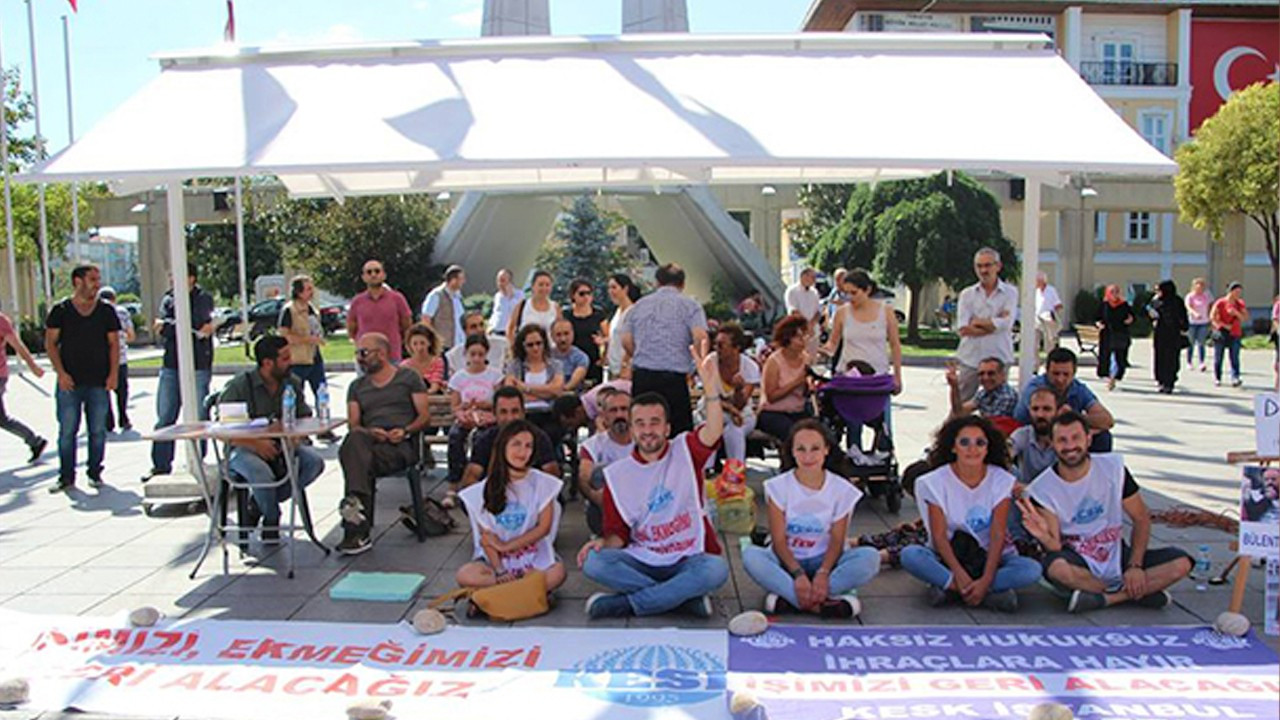Nigerian man's right to life violated in murder by Turkish police, top court rules
Turkey's Constitutional Court ruled that Nigerian immigrant Festus Okey's right to life was violated when he was fatally shot by a police officer in an Istanbul station in 2007. A lower court sentenced Cengiz Yıldız, the police officer who shot Okey, to six years in prison for manslaughter in 2020.
Duvar English
Turkey's Constitutional Court ruled that Nigerian national Festus Okey's right to life was violated in his murder by police in Istanbul's Beyoğlu Police Station on Aug. 20, 2007.
Nigerian migrant Okey was shot by a police officer while in detention and later died in the hospital. However, in the investigation, the primary piece of evidence regarding the murder was allegedly misplaced: Okey's shirt.
Without Okey's shirt, which would show the distance from which he was shot, the case against the police officer who killed the immigrant lasted four years.
Officer Cengiz Yıldız never served his prison sentence for involuntary manslaughter, which would have been a mere four years and two months.
One of the judges on the case stated that Yıldız should have been charged with 20 years on charges of manslaughter with eventual intent, and the court ruling was appealed by Okey's attorneys.
A second trial for Okey's case restarted in 2018, this time with his mother and brother's involvement, and lead to a six-year sentence for Yıldız on the grounds that he killed Okey with intent.
A separate application to the Constitutional Court by Okey's attorneys lead to the ruling that Okey's right to life was violated and issued damages for the family.
The top court did however did not rule in favor of the attorney's claims that Okey's murder was racial discrimination, or that the courts had been lenient toward the defendant, police officer Yıldız.

 Turkey's top court receives nearly 300,000 rights violations complaints in eight yearsHuman Rights
Turkey's top court receives nearly 300,000 rights violations complaints in eight yearsHuman Rights Top court orders state to pay compensation to inmate for not analyzing video footage in arm-breaking caseHuman Rights
Top court orders state to pay compensation to inmate for not analyzing video footage in arm-breaking caseHuman Rights Top Turkish court deems Pastor Brunson's appeal inadmissibleHuman Rights
Top Turkish court deems Pastor Brunson's appeal inadmissibleHuman Rights Turkey's top court rules sit-in protest, hunger strike not criminal, but freedom of expressionHuman Rights
Turkey's top court rules sit-in protest, hunger strike not criminal, but freedom of expressionHuman Rights